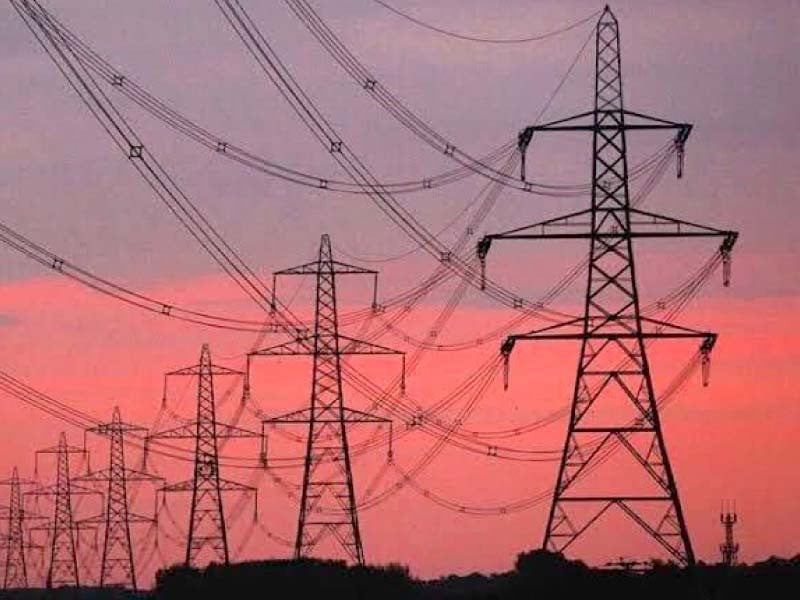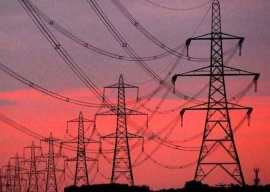
Former Senate chairman Raza Rabbani strongly criticized the caretaker government's decision to ban all union activities in the power sector, citing it as an anti-labor move aimed at suppressing the working class. Rabbani emphasized that the enactment of the Pakistan Essential Service (Maintenance) Act (Pesma) 1952 violated fundamental rights outlined in the 1973 Constitution.
In a statement, Rabbani noted that the interim government’s decision was a violation of the fundamental rights as enshrined in the 1973 Constitution.
He maintained that the step had been taken to facilitate the handing over of power sector to big businesses.
As the caretaker government proposes to involve the private sector in divestment and management contracts, it is necessary to silence the voice of labour unions so that the private sector can be freed, the former senator stated.
The interim government has banned unions in all public sector power companies, including those involved in the business of generation, distribution and sale of electricity, he added.
Read Power consumers to face another price hike
Rabbani pointed out that under Section 230, Election Act and 1973 Constitution the initiative and privatisation were beyond the caretaker government’s mandate.
Earlier, the interim government had banned all forms of union activities in the power sector. The step had been taken ahead of the planned induction of the private sector for divestment and management contracts. The move had brought these companies under the scope of Pesma 1952.
It was reported that a formal decision was taken by the federal cabinet through circulation on a summary moved by the interior ministry at the request of the Power Division.
Under the decision, all these companies had been declared as “essential services” under Section 3 of the Pesma 1952 “to restrict all kind of union activities for a period of six months”, extendable for another six months.



1732263441-0/BeFunky-collage-(81)1732263441-0-165x106.webp)
1732263755-0/musk-(3)1732263755-0-165x106.webp)



1732258132-0/BeFunk_§_]__-(26)1732258132-0.jpg)
1732257537-0/Copy-of-Untitled-(64)1732257537-0-270x192.webp)
1726722687-0/Express-Tribune-Web-(9)1726722687-0-270x192.webp)










COMMENTS
Comments are moderated and generally will be posted if they are on-topic and not abusive.
For more information, please see our Comments FAQ